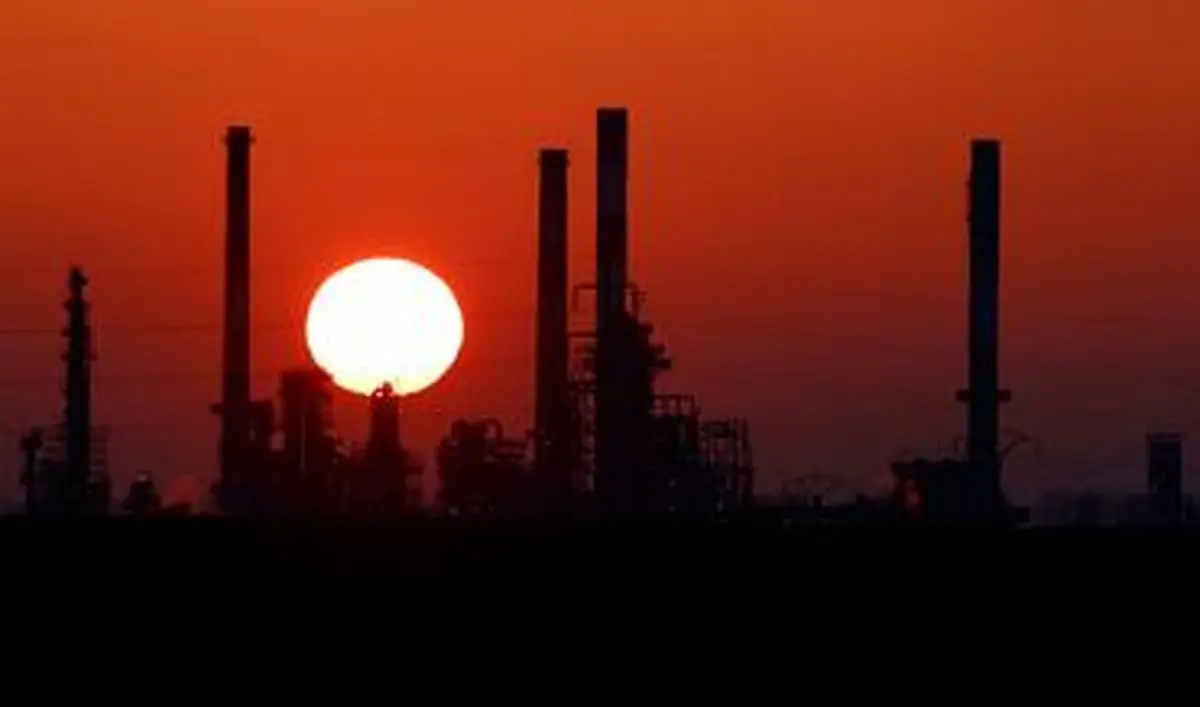Oil prices rise 1% on reports OPEC+ could reassess output

Japanese and Indian officials are reportedly working on ways to release national reserves of crude oil in tandem with the US and other major economies to dampen prices.
Rebounding from recent losses, oil prices rose on Monday on reports that OPEC+ could adjust plans to raise oil production if large consuming countries release crude from their reserves or if the coronavirus pandemic dampens demand.
Brent crude futures rose 1 percent to settle at $79.70 a barrel, while WTI crude futures rose 1 percent to settle at $76.75 a barrel.
Prices of the Brent and US West Texas Intermediate (WTI) crude benchmarks fell more than $1 in early trading, hitting their lowest levels since October 1.
According to a Reuters report, Japanese and Indian officials are working on ways to release national reserves of crude oil in tandem with the US and other major economies to dampen prices.
Such an announcement could come as early as Tuesday, the report said citing a source. White House and US energy department officials, however, said no official decision on a release had been made.
The discussions have come after the US government was unable to persuade the Organization of the Petroleum Exporting Countries and allies including Russia, known as OPEC+, to pump more oil with major producers arguing the world was not short of crude.
Oil prices rose after Bloomberg News reported that OPEC+ may alter plans to keep boosting production, citing delegates.
"OPEC is sending a signal that if these players do this, they have some barrels they can withhold and will offset the impact of a release," said Phil Flynn, senior analyst at Price Futures in Chicago.
Joseph McMonigle, secretary general of the Riyadh-based International Energy Forum, said on Monday he expects OPEC+ to maintain its plan of adding supplies to the market gradually, according to the Reuters report.
"I see them sticking to their current plan in light of the supply surplus for next year, which is typical for oil markets in the first quarter," he said. "If they are going to make a change, it will be because of unforeseen external factors, such as these lockdowns in Europe, any kind of strategic release, and shifts in jet fuel demand."
Any SPR release would only affect prices for two or three weeks, said Fereidun Fesharaki, chairman of consultancy Facts Global Energy.
The combined SPR release could be 100 million to 120 million barrels or even higher, Citi analysts said in a note dated Nov. 19. This includes 45 million to 60 million barrels from the United States, about 30 million barrels from China, 5 million barrels from India and 10 million barrels each from Japan and South Korea, the bank estimated.
Worries about demand have been fed by the prospect of national lockdowns in Europe, which has pressured prices.
Austria entered its fourth national lockdown on Monday as Europe again becomes the epicenter of the coronavirus pandemic. Germany could also impose fresh curbs, with politicians debating a lockdown for unvaccinated people.
END
